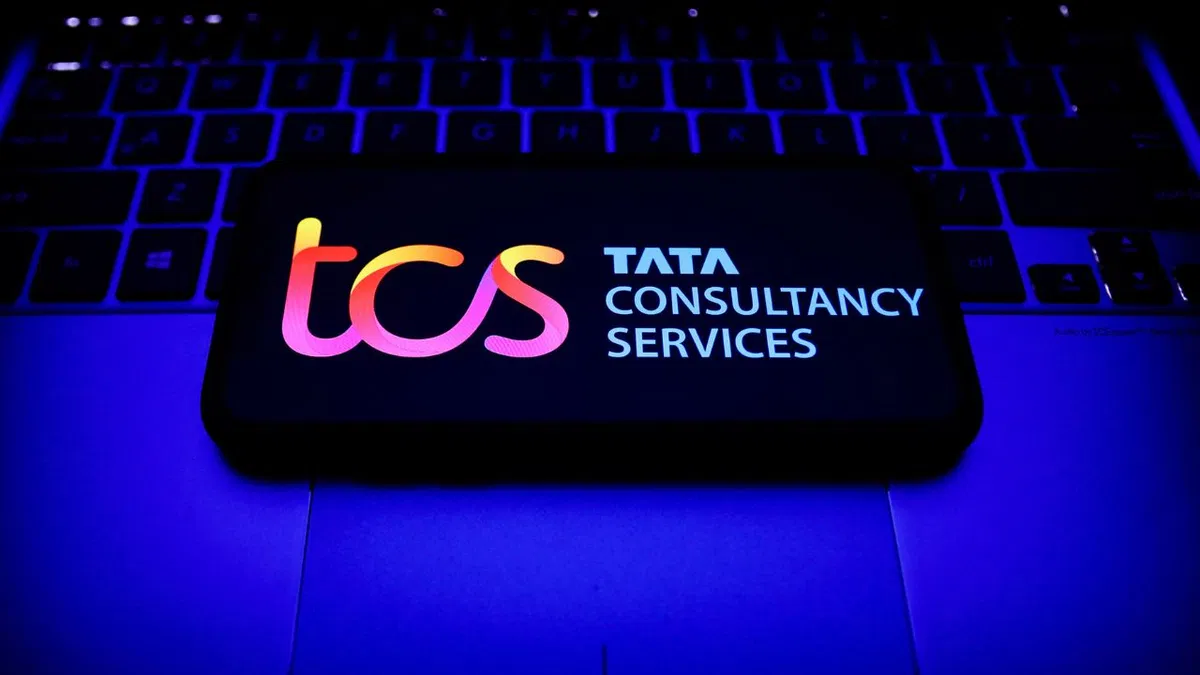Over worries about sensitive technology transfer and G42’s previous ties to China, Republican legislators asked the Biden administration for an intelligence assessment of Microsoft’s $1.5 billion investment in UAE-based AI firm G42
In a letter dated Wednesday, the committees stated that Representative Michael McCaul, chair of the House Foreign Affairs Committee, and John Moolenaar, chairman of the Select Committee on China, requested a briefing from White House national security adviser Jake Sullivan.
The Republican party stated they desired a briefing on the agreement, which was disclosed in April, before progressing to the second phase. This phase will involve the transfer of export-restricted semiconductor chips and model weights, which are sophisticated data that enhance the capacity of an AI model to replicate human reasoning.
The letter indicates the increasing apprehension regarding the absence of regulations regarding the export of sensitive AI models, as there are concerns that companies such as G42 may share the valuable technology with U.S. adversaries such as China.
“We remain deeply concerned by attempts to move quickly to advance a partnership that involves the unprecedented transfer of susceptible, U.S.-origin technology, without congressional consultation or clearly defined regulations in place,” the legislators wrote in their letter.
Before the Microsoft arrangement may proceed, they requested a U.S. evaluation of G42’s affiliations with China’s Communist Party, military, and government. According to the Chinese state news agency Xinhua, the UAE President, Sheikh Mohamed bin Zayed Al Nahyan, recently visited Beijing to discuss cooperation in AI. They cited this information.

In a statement, Microsoft declared that it was in direct collaboration with the U.S. government and that “U.S. national security will remain a primary concern.”
In a statement, the White House National Security Council spokesperson stated that the administration has maintained consistent communication with legislators to guarantee that they know the hazards associated with digital infrastructure.
“National Security Advisor Jake Sullivan looks forward to continuing this engagement, including with Chair McCaul,” according to the individual.
G42 and the United Arab Emirates embassy did not respond to inquiries for comment. The Chinese Embassy reported, “The U.S. has repeatedly undermined cooperation between Chinese companies and other countries on trumped-up security grounds.”
QUESTIONS REGARDING CHINA
On Thursday, a House Select Committee aide informed reporters during a phone call that the legislators anticipate that Microsoft will export AI semiconductor chips and AI model weights, which are currently subject to severe restrictions, by discussions with the company.
In May, Microsoft President Brad Smith disclosed to Reuters that the agreement with G42 may ultimately necessitate the transfer of advanced processors and tools.
The Republicans’ letter also identified G42’s prior “digital surveillance” activity as a potential risk. The aide emphasized the previous connections between G42 staff and the Emirati cybersecurity firm DarkMatter, which was the subject of a 2019 Reuters investigation into its cyber espionage activities.
China’s influence in the Middle East and the United Arab Emirates, a longstanding U.S. ally, has been a source of increasing concern for the United States.
However, in February, G42 announced that it had divested its investments in China and complied with the United States’ requirements to collaborate with U.S. companies. Previously, G42 had investments or partnerships in China with ByteDance, the owner of TikTok, Sinopharm, a vaccine developer, and BGO Genomics, a biotech firm prohibited in the United States.
In April, The New York Times reported that the Biden administration primarily orchestrated the Microsoft deal with G42 to exclude China. Commerce Secretary Gina Raimondo informed the paper that the Microsoft agreement did not permit the transfer of AI models or processors to G42 to develop AI applications.
In addition to Microsoft, Abu Dhabi sovereign wealth fund Mubadala, the governing family of the UAE, and U.S. private equity firm Silver Lake all have investments in G42. Sheikh Tahnoon bin Zayed Al Nahyan, the chairman of G42, is the UAE’s national security adviser, and his brother is the president.
In May, Reuters reported that the Commerce Department was contemplating regulations to limit the export of proprietary or closed-source AI. U.S. AI corporations can distribute their products to nearly any individual worldwide without government supervision.



